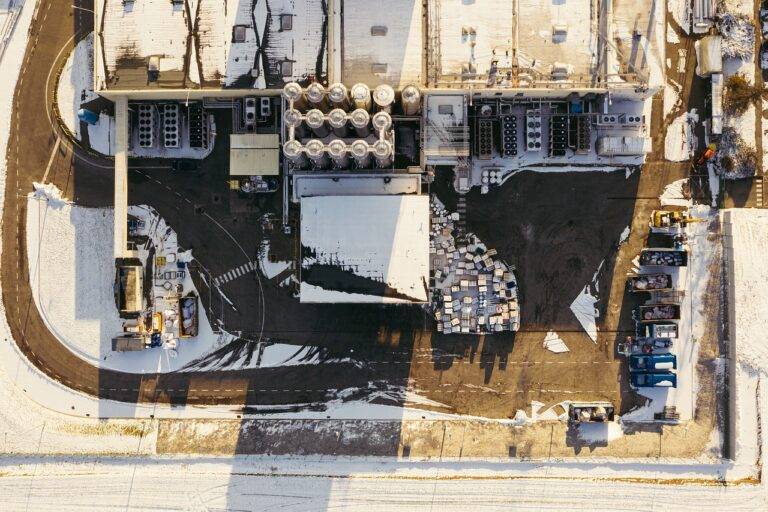Harnessing Big Data for Smarter Facility Management: Tiger exange, Golden77 login, Sky 99 exch app
tiger exange, golden77 login, sky 99 exch app: In todays fast-paced and ever-evolving world, the ability to collect and analyze data plays a crucial role in helping businesses make smarter decisions. This is especially true in facility management, where the use of big data can revolutionize the way buildings are operated and maintained.
From office buildings to hospitals to manufacturing plants, facilities can generate an enormous amount of data through various sensors, systems, and devices. This data can include information on energy consumption, equipment performance, occupancy levels, and much more. By harnessing this big data, facility managers can gain valuable insights that can help improve efficiency, reduce costs, and enhance the overall performance of their buildings.
Here are some ways in which big data can be used to make facility management smarter:
1. Predictive Maintenance: By analyzing data from sensors and equipment, facility managers can identify patterns and trends that can help predict when maintenance is needed before equipment fails. This can reduce downtime, extend the lifespan of assets, and save on repair costs.
2. Energy Management: Big data analytics can help identify areas of energy wastage and suggest ways to optimize energy usage. By monitoring energy consumption in real-time, facility managers can make informed decisions to reduce costs and minimize the environmental impact of their buildings.
3. Space Utilization: By analyzing data on occupancy levels and space usage, facility managers can optimize the layout of their buildings to make better use of available space. This can help reduce rental costs, improve employee productivity, and enhance the overall user experience.
4. Security and Safety: Big data can be used to monitor security systems and identify potential risks in real-time. By analyzing data from surveillance cameras, access control systems, and other sources, facility managers can ensure the safety of occupants and assets within their buildings.
5. Vendor Management: By analyzing data on service requests, work orders, and vendor performance, facility managers can make more informed decisions when selecting vendors and managing contracts. This can help improve service levels, reduce downtime, and ensure compliance with service level agreements.
6. Sustainability Initiatives: Big data can help track and measure the impact of sustainability initiatives, such as waste reduction, water conservation, and renewable energy usage. By analyzing data on sustainability metrics, facility managers can demonstrate the effectiveness of their initiatives and make data-driven decisions to further improve their environmental performance.
The possibilities for harnessing big data in facility management are endless. By leveraging the power of data analytics, facility managers can gain valuable insights that can help optimize operations, reduce costs, and enhance the overall performance of their buildings.
FAQs:
Q: How can I get started with harnessing big data for smarter facility management?
A: Start by identifying the data sources available in your facilities, such as sensors, systems, and devices. Then, implement a data analytics solution to collect, analyze, and visualize this data to gain valuable insights.
Q: What are the key benefits of using big data in facility management?
A: Some key benefits include predictive maintenance, energy management, space utilization, security and safety, vendor management, and sustainability initiatives.
Q: What are some challenges to consider when implementing a big data solution for facility management?
A: Challenges may include data privacy and security concerns, data integration issues, and the need for skilled data analysts and IT professionals to manage and interpret the data.
In conclusion, harnessing big data for smarter facility management can provide numerous benefits for businesses and organizations. By leveraging the power of data analytics, facility managers can make more informed decisions, optimize operations, and improve the overall performance of their buildings.







